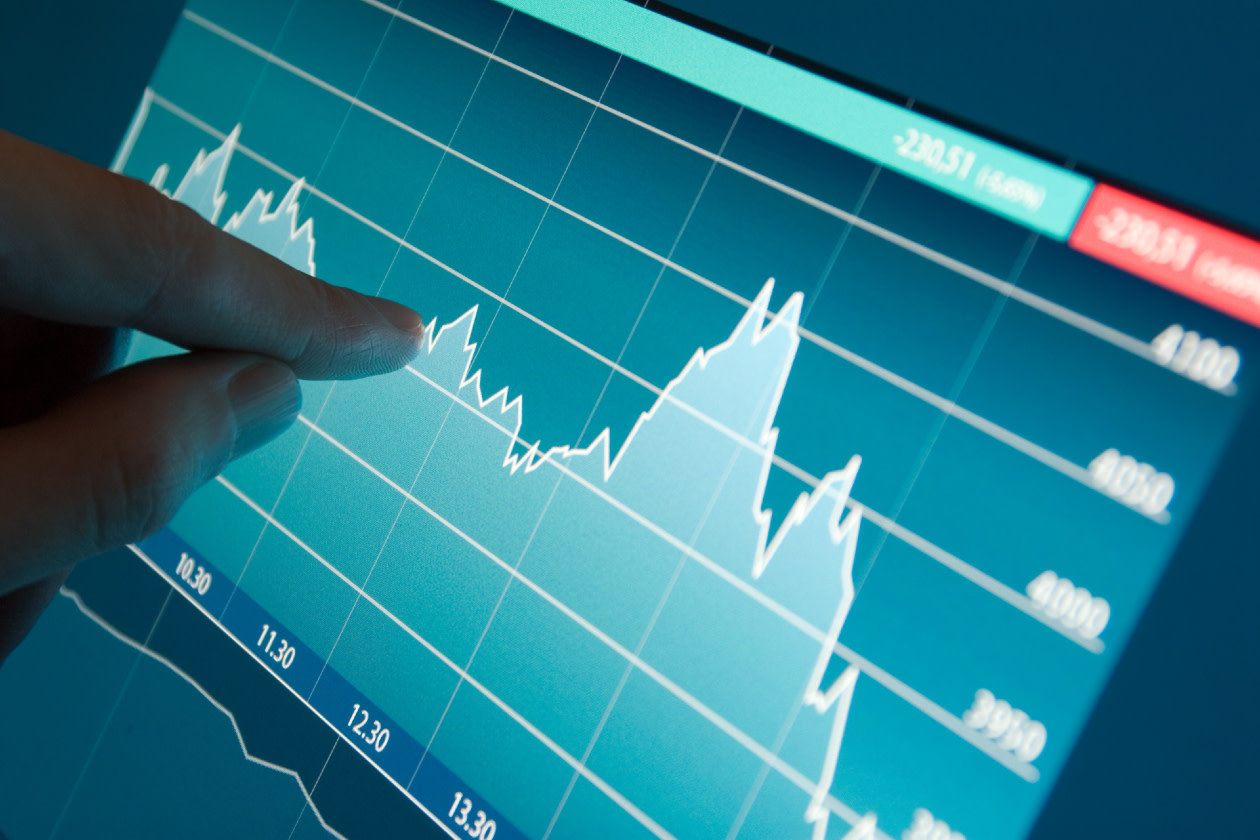Exchange traded funds (ETFs) are becoming more popular and trading in them is growing.
From 2015 to 2024, the percentage of HL clients invested in ETFs has more than doubled.
There are also currently over 10,000 ETFs across the world and it’s likely that number will keep growing. In fact, industry experts are expecting the total value of all ETFs to be close to $20tn by 2026.
While this is still some way off the total value of mutual funds at nearly $120tn, it wasn’t long ago when ETFs only made up $204bn back in 2003.
If you’re an investor who values simplicity and a low-cost approach to investing, here’s why ETFs could be a good option.
This article isn’t personal advice. If you’re not sure if an investment is right for you, ask for financial advice. Investments rise and fall in value, so you could get back less than you invest.
ETFs hold a basket of underlying investments, with the aim to track a particular index, stock market or commodity. For example, an ETF might track FTSE 100 index which represents the largest 100 companies in the UK. ETFs often hold investments like shares and bonds.
ETFs have some very similar characteristics to funds. For example, their value is based on the performance of the underlying investments and they’re ‘open-ended’, so units can be created and destroyed based on supply and demand.
The main difference between the two is that ETFs trade on a live exchange, with a live market price, whereas mutual funds do not.
Benefit 1 – simplified global investing
The goal of many ETFs is to track an index – it’s why they can be good option for investing beginners and those looking to keep it simple.
They make it easy to get started because they offer a huge range of global investment options. Investors can choose from over 1,900 ETFs with HL.
Those looking for a first investment might choose an ETF tracking the global stock market, or a more specific stock market like the UK, US or Europe. These ‘index tracker’ ETFs aim to mirror the performance of an index such as FTSE 100, S&P500, Nikkei 225 or Nifty 50.
ETFs which track an index invest in lots of different companies or bonds without you having to make the difficult decision about which ones to buy. Investing in many different companies make ETFs a good option for diversification – it means all your eggs won’t just be in one basket.
Holding a diversified mix of companies across the world can help reduce the ups and downs of investing. It won’t get rid of it completely as that’s part and parcel of investing – but it does mean that you should always have at least something working in your favour, even if markets are falling.
ETFs also let you invest in specific areas if that’s what you’re looking for – these are called thematic ETFs.
Thematic ETFs can help you invest in areas like certain resources, agriculture, clean energy or artificial intelligence (AI).
They naturally won’t be as diversified as a global tracker ETF, so it’s important to not invest too much of your portfolio in one area or theme.
Benefit 2 – low-cost investing
As well as their wide range of choice, ETFs can be one of the cheapest ways to invest.
Cost to invest is something investors should always look at as part of their investment decisions. ETFs generally have lower costs compared to similar funds – it’s one of the reasons why they’ve become so popular.
This lower cost is because ETFs usually have lower annual management charges compared to actively managed funds.
Regular monthly savings can be a great way to minimise costs even further.
That’s because there’s now no charge when you invest in shares, investment trusts and ETFs by Direct Debit of £25 per month or more.
You’ll only pay our dealing commission when you sell. It’s free to set up a regular savings instruction in ETFs through an HL account.
As they’re treated and traded like shares though, any other extra buys and sells you do for an ETF will be subject to HL share dealing charges. You won’t have to pay stamp duty when you buy ETFs though, unlike shares.
It’s also free to hold ETFs in a HL Fund and Share account. Here are the full charges for holding ETFs in a HL account.
Shares, investment trusts, ETFs, gilts & bonds | |
|---|---|
Fund and Share account | No charge |
ISA | 0.45% a year (capped at £45 a year) |
Lifetime ISA | 0.25% (capped at £45 a year) |
Self-Invested Personal Pension (SIPP) | 0.45% a year (capped at £200 a year) |
Junior ISA | No charge |
Sign up to our ETF research updates and we’ll send our latest, expert ETF research directly to your email.


